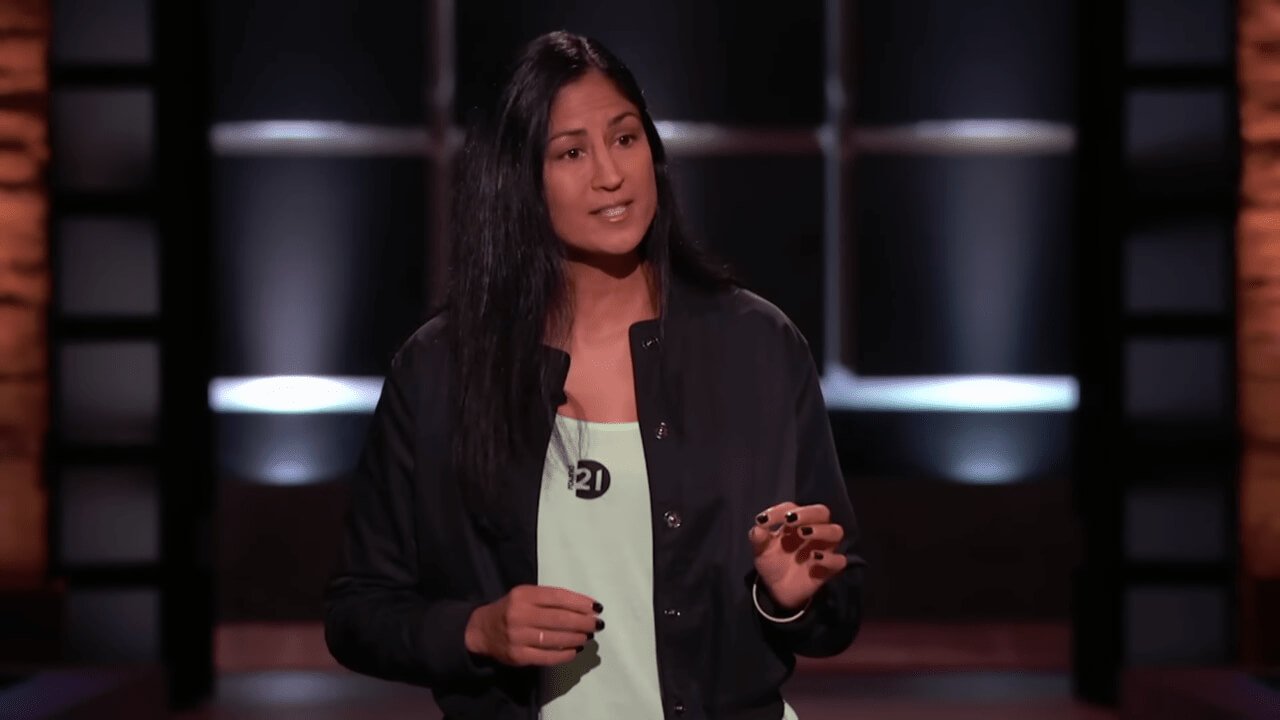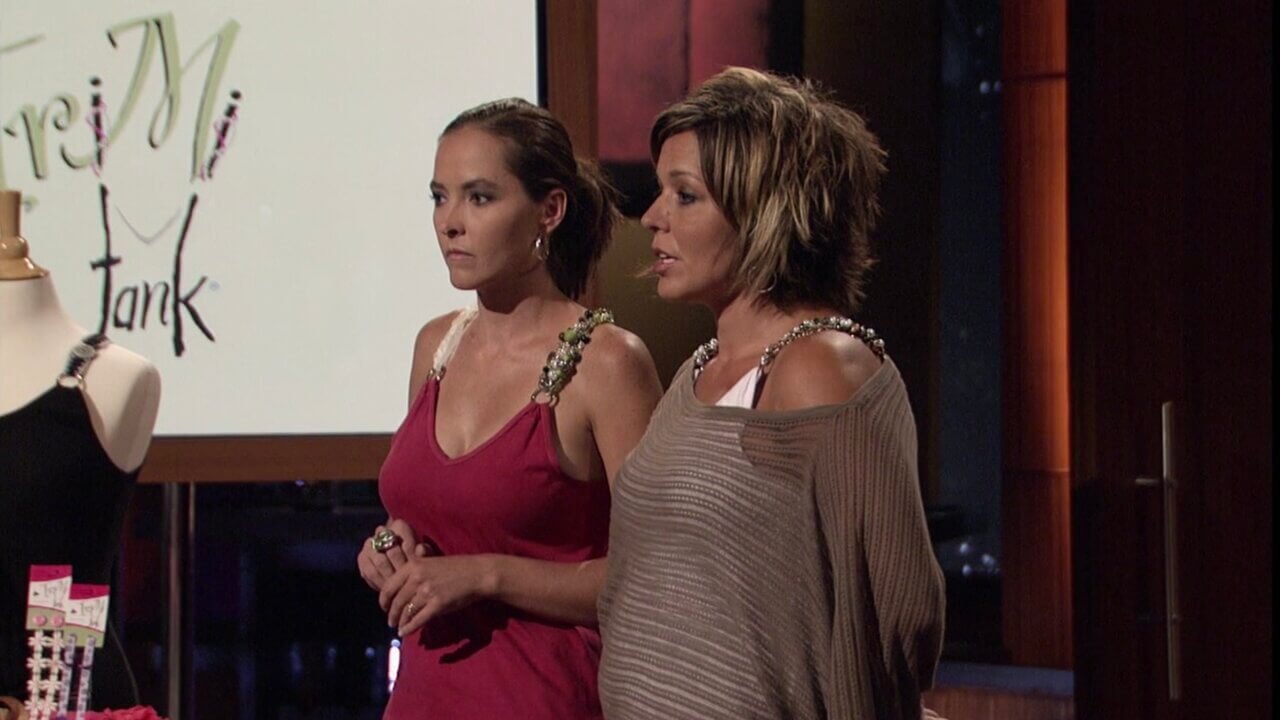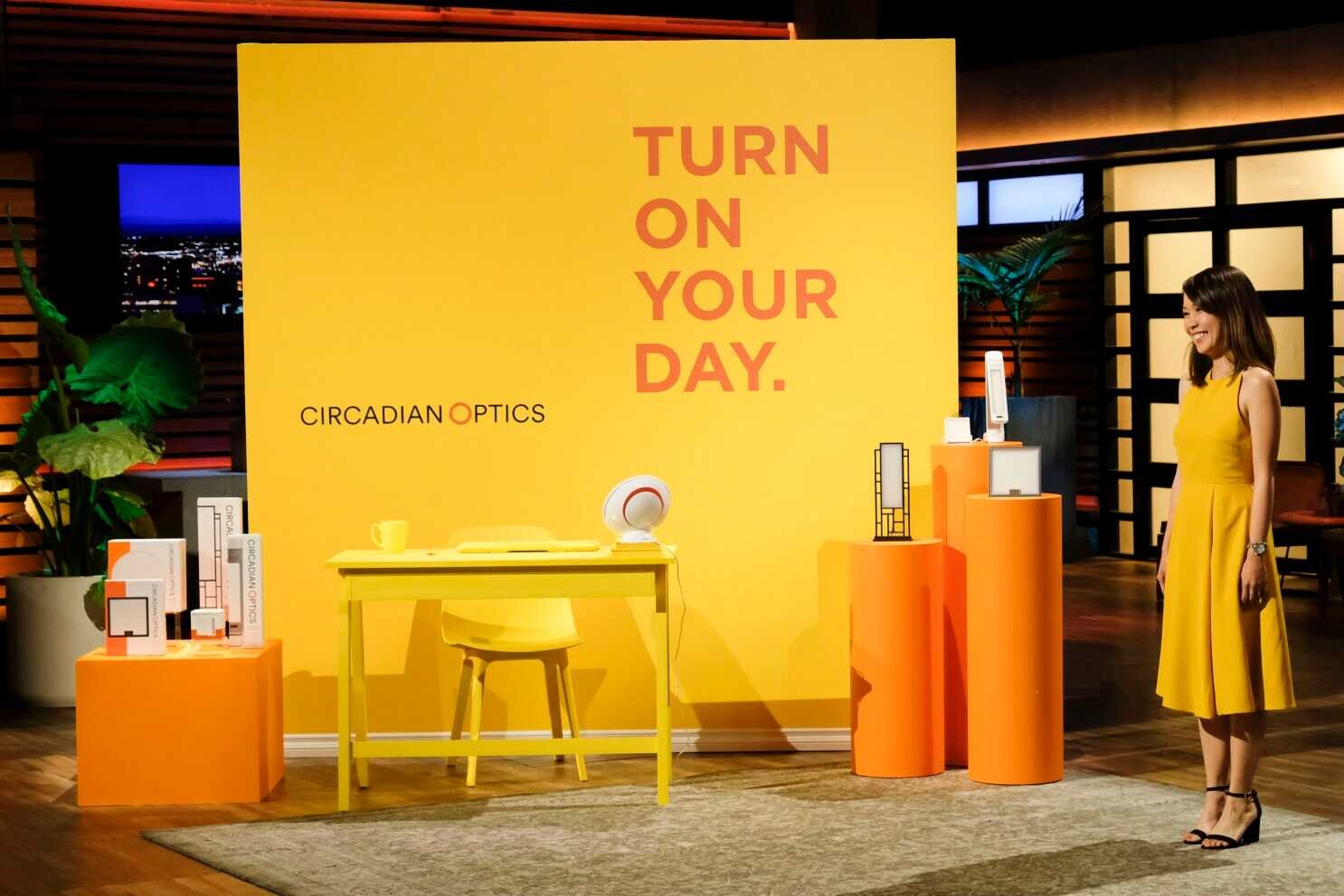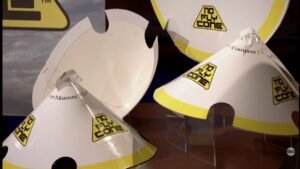So, you saw Jasmine Maietta dribble onto Shark Tank and land a deal. Here’s the thing—just because the confetti falls doesn’t mean the real game is won. Plenty of brands get their handshake, hit the headlines, and then drop off the map. round21 showed bold moves on TV. But did they play smart off-camera? Welcome to the kind of post-Shark reality check I wish every founder and side hustler got—straight from the streets, not the pitch deck.
Contents
Toggleround21: Where Art Smacks Down on the Court
Here’s the snapshot. round21 is what happens when you mix two powerful tribes: athletes and artists. Instead of just pumping out plain balls and paddles, they slap bold, limited-edition artwork onto sports gear. You get pieces that look at home in a collector’s cabinet or on a blacktop court.
This isn’t just a novelty play. They’re stacking energy from both sports brands and the kind of people who line up for sneaker drops. Why does it matter? Fans want to own something that feels one-of-a-kind—whether they’re spiking in the garage or just want a ping pong paddle that screams I’m not basic. It’s smart, and honestly, overdue in a market full of boring gear.
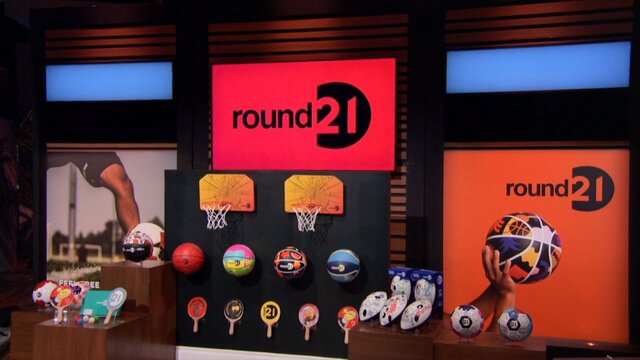
Meet Jasmine Maietta—The Operator Behind round21
Let’s get real. Most companies like this fail because the founder only knows one side—sports or art, never both. Jasmine’s different. She played pro basketball overseas. Then she worked deep inside the brands you actually respect: Under Armour, Reebok, Hasbro. She didn’t just watch athletes and brands collide, she built campaigns for them.
That’s why round21 isn’t some influencer pet-project or yoga-mom brand. Jasmine knew how to pitch, but more importantly, she understood both player and fan mentalities. I’ve watched founders chase trends with no clue how to deliver. Jasmine’s background? That’s a builder’s resume.
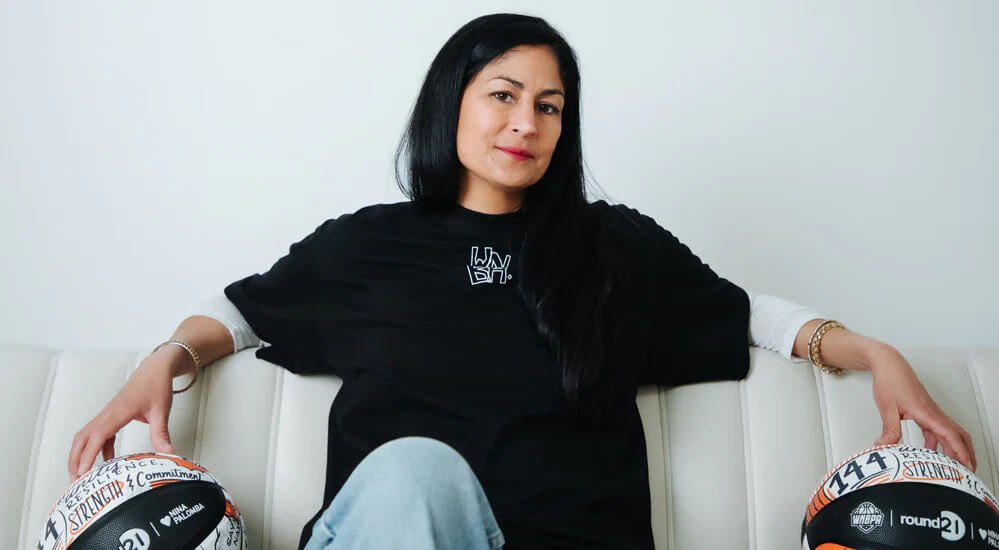
round21’s Shark Tank Pitch: $250,000, Big Ask, Bigger Vision
Season 13, Episode 17—Jasmine strolled in, cool and collected, asking for $250K in exchange for 3% equity. That’s an $8.33 million valuation. The Sharks’ eyebrows hit the ceiling—rightfully so. Early stage, no profits, burning ten grand a month. And yet the vision was clear: turn art-infused sports gear into collectibles for the masses.
She came in swinging, showing off basketballs, ping pong paddles, soccer balls—each with artist collabs and athlete partnerships. And she dropped a tech wrinkle too: NFT sports collectibles. Suddenly, we’re not just selling hard goods, we’re selling digital hype. Half the Sharks were interested; the other half couldn’t see past the why would anyone pay this for a basketball? line.
I’ve seen founders walk in delusional about their numbers. Jasmine wasn’t one of them. She made her case, owned the stage, and explained the splits so everyone got how the artist partnership model would scale. These aren’t just products—they’re revenue engines with baked-in FOMO.
The Deal: Who Bit and Who Balked?
Here’s where Shark Tank deals separate the hustlers from the hype men. Kevin O’Leary—the Mr. Wonderful himself—bit. He started high ($250k for 15%), then came down as Jasmine pushed back. In the end? $250,000 for 10% plus a 1.5% royalty on all NFT sales.
Why’d Kevin go in? Simple: the royalty on digital collectibles. He knows licensing and art scarcity are real money when marketed right. The other Sharks—Lori Greiner, Robert Herjavec, Daymond John, and Mark Cuban—walked. Too early, too experimental, maybe too much art for sports vets.
This is where I’ve watched founders either crumble or negotiate smart. Jasmine played it right—never desperate, never cocky. She got her valuation up, took money from a Shark who gets collectibles, and built in digital upside that only explodes if NFTs do. That’s a calculated risk, not a wild bet.
Net Worth Now: How Much Is round21 Actually Worth?
Let’s cut through the Shark Tank smoke. On TV, round21 accepted a $2.5 million valuation after Kevin’s equity grab. That’s what the real negotiation looked like, not the headline grabbing ask.
Today, according to SharkWorth (the post-show numbers tracker every founder should bookmark), round21’s net worth is hovering around $4.02 million in 2025. That’s not unicorn territory—but for a brand that’s still early and selling both physical and digital goods? It’s a solid double, not a home run, but you’d rather have that than nothing.
What pushed their value up? Honestly—it wasn’t just the Shark’s name. It’s the deals behind the scenes, and the partnerships Jasmine locked up.
Partnerships: The Real Power Plays
Here’s where this brand’s hustle shows. Post-Shark Tank, round21 didn’t just sit on their TV fame. Jasmine went out and secured killer partnerships:
- NFL Players Association (NFLPA): That’s instant credibility and distribution.
- US Women’s National Team Players Association (USWNT PA): Top-tier athletes now associate with the brand.
- Dick’s Sporting Goods, Budweiser, Fanatics: Heavy retail muscle, online sales, and cultural mileage.
If you want to go from niche DTC to actual business, these are the doors you need to break down. I’ve known startups that raise a round and stay small—they get stuck in boutique land. Jasmine and round21 used Shark Tank momentum to scale. That’s a CEO who understands: partnerships are your jet fuel.
Product Line—More Than Just Look-Pretty Gear
Let’s talk about what they actually sell. If you think it’s only basketballs and ping pong paddles, you missed the trick.
- They drop limited-edition gear tied to real artists and athletes.
- They keep the lines fresh with regular drops—think sneakerhead hype, but for sports.
- Now they’re into soccer balls and new sports, with plans for more.
- And for the NFT-obsessed? Digital collectibles—sometimes bundled with the physical gear, sometimes stand-alone.
So, are these for serious athletes or just Instagram flexers? Both. Their sweet spot is the everyday baller who wants their gear to stand out—plus collectors and fans who see these as investments, not just equipment.
I’ve seen companies try to art-ify products before and flop because they’re all show, zero playability. round21’s stuff gets used and displayed—which is why the big retailers stay interested.
What’s Next for round21: Can They Keep the Scoreboard Ticking?
Here’s my street take: It’s still a grind. The NFT market cooled off, but collectibles with retail muscle aren’t going anywhere. round21 is smart because they never went “all in” on digital—they balanced hype with real goods you can hold, throw, or smack across a table.
Their real threat? Someone bigger copying the playbook or Amazon sellers churning out knockoffs. But brands with community, real collabs, and strong retail backing usually outlast the noise. Their growth rate—about 10% annually since Shark Tank—shows there’s steady, if not explosive, demand.
Jasmine’s next big move? Probably more licensing, more athlete tie-ins, and maybe an expansion into new global markets or sports. If she keeps those relationships and inventions up, round21 is still in this fight.
Conclusion: The Post-Shark Tank Scoreboard
Here’s what every founder should write on a sticky note: Getting a Shark doesn’t guarantee the win. What matters is what you do when the buzz dies down and competitors wake up.
round21’s story is about stacking wins—great branding, real artist deals, credible retail partners. Jasmine played the Sharks, but she really played the game after the show. Fans and founders alike can learn a thing or two from her approach.
So, did the TV spot matter? Sure. But it’s what they’ve built after that’s really pushed round21 closer to real contender status. The next time you see a founder pitching art with soul and strategy—remember, it’s the hustle after the handshake that counts.
FAQs
1. Is round21 still in business after Shark Tank?
Yes—round21 is not just alive; it’s growing, adding products, and grabbing more shelf space by 2025.
2. Did Kevin O’Leary’s deal really close?
Yes. SharkWorth lists Kevin as an investor—he followed through, royalty and all.
3. How much money has round21 made since Shark Tank?
Their estimated net worth soared from $2.5 million to around $4.02 million by 2025. That’s steady, real growth.
4. What makes round21 different from other sports brands?
It’s the blend—artist collabs, sports partnerships, and drops that make gear feel collectible, not just playable.
5. Where can I buy round21 products?
Online, at Dick’s Sporting Goods, Fanatics, and through special athlete/artist drops.
6. Does round21 only make basketballs and ping pong paddles?
No—soccer balls and more sports gear dropped. They’re always testing new categories to stay ahead.
7. Are these for athletes or collectors?
Both. If you play, display, or want a piece with meaning—they’ve got you covered.
8. Can round21’s growth continue with NFTs cooling off?
Not all-in on digital. Their retail and physical drops mean the hype still has legs.
If you’re hustling, watch round21 and Jasmine Maietta. This is what grinding after Shark Tank should look like. You want hype and heart? Start here.

